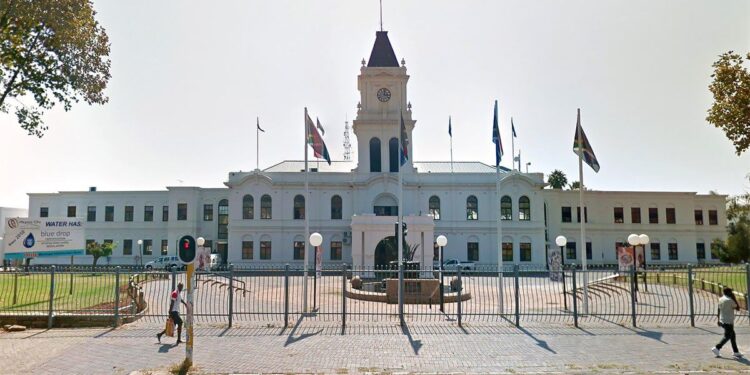By Loxion News Staff Reporter
02 October 2025
Residents of Mogale City are facing an unnecessary R4.9 million financial burden after a controversial decision by the ANC, EFF, and Freedom Front Plus (FF) to approve an overdraft facility for the municipality.
According to Ald Tyrone Gray, DA Mogale Caucus Leader, the coalition pushed through an overdraft facility of R100 million for the 2024/2025 financial year, despite the city’s budget already being fully funded. The move means taxpayers will now foot the bill for millions in avoidable interest costs.
“This reckless decision is nothing short of financial sabotage,” Gray said. “The ANC Executive Mayor, supported by the EFF and surprisingly backed by the FF, has forced residents to pay for an overdraft that was never needed. What makes this worse is that the FF supported the overdraft while rejecting the very budget it was tied to.”
Higher Bills, Poorer Services
Mogale residents are already struggling under the weight of soaring electricity tariffs, with some households reporting municipal bills higher than their bond repayments or even their salaries. At the same time, service delivery continues to collapse, leaving communities with untreated sewage in rivers, illegal dumping sites, and worsening pollution.
Gray accused the FF of siding with the ANC and EFF instead of holding them accountable:
“Far from being an alternative, the FF has enabled mismanagement, even taking up ANC-appointed positions in the Gauteng Legislature. A vote for the FF is ultimately a vote for more ANC control, higher costs, and declining services.”
DA’s Position
The Democratic Alliance (DA) has strongly opposed the overdraft, calling it wasteful and unnecessary spending. The party insists it is the only political force with a proven track record of reworking unfair tariffs, stabilising service delivery, and ensuring financial discipline benefits residents directly.
“Mogale City can be a top-class municipality,” Gray concluded. “But it requires accountable leadership and a government focused on residents — not political deals. In 2026, people have the power to choose affordable, effective service delivery.”


















